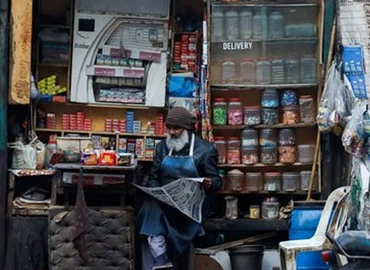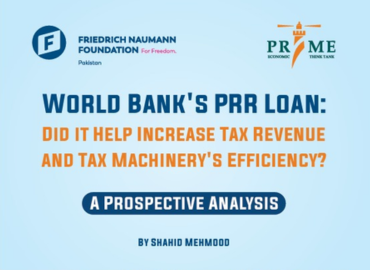Introduction
Vibrancy inherent in life will always carve for change. And market remains a potent medium for articulating and fulfilling this demand for change. Case in point is the onslaught of Turkish soap operas on local channels in recent years. Under the grab of protectionism, an unholy coalition of local production houses and channel operators was able to get the Indian channels banned on local cable. However, the smell of money from some other direction broke this tactical alliance in 2012. In that faithful year, Urdu-1, a new entertainment TV channel, launched an Urdu-dubbed Turkish series ‘Ishq-e-Mamnu’. It proved itself a marketing masterstroke for a new entrant in a cluttered channel market. From a slow start, the Turkish soap was able to grab the rating of 11.79 for its last episode, a record that remained unbroken since December 2012.
With the success of Ishq-e-Mamnu, more channels started buying Turkish serials for broadcast. At this point, the interests of production houses and channel operators started diverging. It was making economic sense for channel operators to buy a high quality Turkish production at an average per episode price of $2,500. Whereas, a locally produced episode can cost up to 4-times of this price. While losing on competition, local production houses started gearing themselves into action. United Producers Association (UPA), an umbrella organization of production houses and artists, had waged protests against foreign content at Karachi and Lahore press clubs. Their plea remains simple that these foreign dramas should not be shown during prime time, i.e. 1900-2200 hrs. Rationale was the same, as advocated by the coalition of producers and operators against Indian channels, which was endangerment of our culture and hurting of local employment.
Unfortunately, this time producers’ plea fell on deaf ears at PEMRA. Channel operators proved themselves to be the better proponents of market competition. However, we do understand that their support for foreign content remains limited till it is shown on their channels only with no foreign channel allowed on local cable. Situation has become very clear now; Turkish dramas are here to stay on our channels. Local production houses have to live with them, meaning they either have to compete or just perish.
Question is now that why we are picking up an issue, which appears to have been resolved in favor of the market. As supporters of competition, we do understand that market creates casualties. However, matter of the fact is that without the process of Creative Destruction, the intrinsic human demand for change cannot be met. Our purpose of discussing this issue is two-fold, first is to establish the fact that Turkish dramas has established their ascendency in disparate regions on competitive basis not on government crutches. And second is to counter our local producers’ argument that Turkish dramas are selling on showing more skin. If this is the case, then why are they popular in Southern European regions, where showing of skin cannot be considered a point of differentiation?
There is definitely something more to these Turkish soaps beyond financial considerations, which include the quality of the product itself. They must be meeting some unmet demands of their audience scattered in Middle East, Balkans, Central Asia and now in Pakistan. We will strive to comprehend the dynamics of Turkish drama industry and its comparative points of influence in three countries as Egypt, Greece and Bulgaria. It will facilitate us in testing the strengths of our liberal principles of supporting open societies and markets for expanding human liberties. We might be able to suggest some path for our local production houses to prosper in the open world of markets. Let us begin our journey of exploration.





